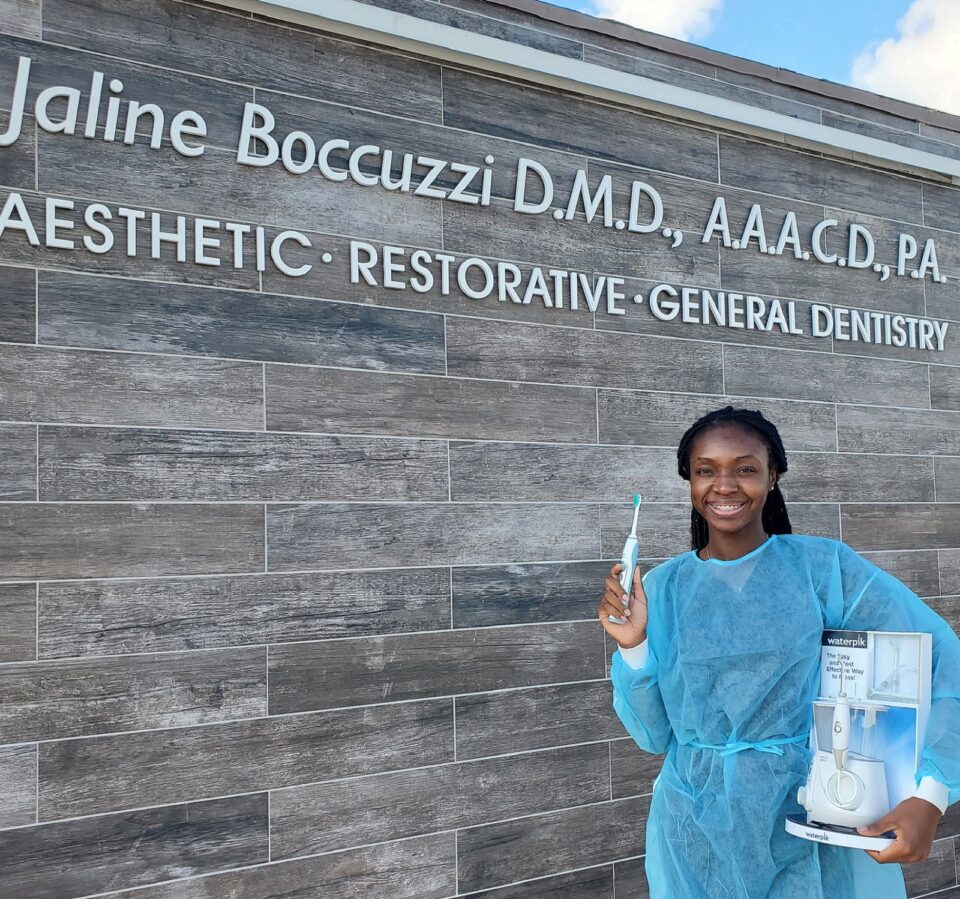Let’s be honest—most people don’t love going to the dentist. Life gets busy, work piles up, and before you know it, that six-month checkup you meant to schedule is now two years overdue. You might tell yourself, “My teeth don’t hurt, so I’m fine.” But here’s the thing: by the time your teeth do hurt, the damage has often already been done.
Skipping regular dental visits might not seem like a big deal at first, but over time, it can turn into a costly, painful problem—not just for your smile, but for your overall health. Let’s break down what really happens when you wait too long to see a dentist and how those delays can come back to bite you (pun absolutely intended).
How Long Can You Go Without Visiting a Dentist Before It Becomes a Problem?
If you’re brushing twice a day and flossing when you remember, you might feel like you’ve got your oral hygiene covered. But even the most disciplined brushers can’t clean every little crevice. That’s where your dentist comes in.
For most people, every six months is the sweet spot for dental visits. That’s enough time for your dentist to catch small issues before they turn into expensive, painful ones. If you stretch that to a year—or longer—you’re rolling the dice.
Here’s what happens as time goes by:
- 6 months: You’re right on track. Your dentist removes plaque and tartar buildup that even good brushing can’t handle.
- 1 year: Plaque can harden into tartar below the gumline, setting the stage for early gum disease (gingivitis).
- 2 years: Cavities may begin to form and old fillings might start breaking down.
- 3 years and beyond: Now you’re looking at potential gum disease, tooth decay, and bone loss that may require more serious treatment like deep cleanings or even extractions.
Waiting too long isn’t just about your teeth looking bad—it’s about keeping your mouth healthy and preventing problems you can’t see or feel yet. Think of dental visits like oil changes for your car. Skip enough of them, and you’ll be paying a lot more to fix what’s broken.
What are the Signs That You Waited Too Long to See a Dentist?
Sometimes, your mouth tries to warn you. You just have to pay attention. If you’ve gone a while without seeing a dentist, here are some red flags that might be telling you it’s time to make that appointment—yesterday.
1. Bleeding Gums
A little pink on your toothbrush? That’s not normal. Bleeding gums are usually a sign of gingivitis—the early stage of gum disease. Left untreated, it can advance to periodontitis, which attacks the bone supporting your teeth.
2. Bad Breath That Won’t Quit
Persistent bad breath (known as halitosis) is often caused by bacteria that thrive in plaque and tartar. No amount of mouthwash can cover that up for long.
3. Tooth Sensitivity
If ice cream or hot coffee suddenly makes you wince, it could mean enamel erosion, a cavity, or receding gums. These issues don’t get better on their own.
4. Pain or Pressure
Any kind of pain—whether it’s a dull ache or sharp sting—is your body’s way of saying something’s wrong. Toothaches often indicate decay, infection, or even nerve damage.
5. Loose or Shifting Teeth
If your teeth feel different when you bite or if they’ve started moving, it might be due to bone loss from gum disease.
And here’s the tricky part: you might not feel any symptoms at all until the issue is serious. That’s why regular checkups matter—they catch problems early, before you even notice them.
Can Delaying Dental Visits Lead to More Serious Health Issues?
You might think of dental health as being separate from the rest of your body, but it’s all connected. What’s going on in your mouth doesn’t just stay in your mouth.
The Mouth-Body Connection
Bacteria from untreated dental problems can enter your bloodstream, spreading inflammation and infection throughout your body. It sounds dramatic, but science backs it up. Studies have linked poor oral health to several major health issues, including:
- Heart disease: Gum disease increases inflammation in your body, which is also a key factor in cardiovascular problems.
- Diabetes: People with gum disease have a harder time controlling blood sugar, and uncontrolled diabetes makes gum disease worse—a vicious cycle.
- Respiratory infections: Inhaling bacteria from the mouth can lead to pneumonia and other lung infections.
- Pregnancy complications: Gum disease has been linked to premature birth and low birth weight.
Emotional and Social Effects
It’s not just about your health, either. Dental neglect can impact your confidence, your relationships, and even your career. People notice smiles. When your teeth aren’t looking (or feeling) their best, it can make you hesitant to laugh, speak up, or even show up.
The point is: oral health isn’t optional. It’s part of your overall wellness, just like eating right and exercising. Delaying care doesn’t just affect your mouth—it affects your quality of life.
What Happens to Your Teeth and Gums If You Avoid Dental Checkups for Years?
Let’s say you skip the dentist for a few years. What’s the worst that can happen? Unfortunately, quite a lot.
Here’s a snapshot of what might be going on in your mouth:
- Plaque and Tartar Build-Up: Brushing can’t remove hardened tartar. Over time, this buildup irritates your gums and leads to gum disease.
- Cavities Get Deeper: Small cavities can be treated easily. Leave them alone, and they burrow deeper into your tooth, eventually reaching the nerve—cue the root canal.
- Gum Disease Progresses: Gingivitis becomes periodontitis. That means gum recession, bone loss, and possibly tooth loss.
- Old Dental Work Fails: Fillings, crowns, and bridges don’t last forever. Without regular checkups, failing restorations can crack or leak, trapping bacteria inside.
- Oral Cancer Risk: Regular dental visits include screenings that can detect signs of oral cancer early, when it’s most treatable. Skipping checkups means you might miss something life-threatening.
Even your jawbone can suffer. When teeth are lost or infected, the bone underneath can deteriorate, changing your facial structure over time. That’s not just an aesthetic problem—it can make eating and speaking harder, too.
So while it might seem like avoiding the dentist saves you time and money, it’s usually the opposite. The longer you wait, the more extensive (and expensive) the treatment becomes.
The Bottom Line: Prevention is Way Easier Than Repair
Think of your dental appointments as maintenance rather than punishment. A simple cleaning and checkup every six months can prevent the kind of issues that require crowns, root canals, or implants later on.
Here’s the reality:
- A routine cleaning costs far less than a root canal.
- A small filling takes 30 minutes; a full-mouth reconstruction can take months.
- Preventive care helps you keep your natural teeth for life.
And when you have a trusted dentist who knows your mouth inside and out, those visits feel less like chores and more like self-care.
Smile With Confidence Again — Schedule Your Visit at JBDentistry
If it’s been a while since your last checkup, don’t be embarrassed. You’re not alone—and you won’t get judged here. At Jaline Bocuzzi, DMD, PA // JBDentistry, we specialize in helping patients feel comfortable and confident about getting back on track with their dental health.
Whether you need a gentle cleaning, a thorough exam, or a plan to restore your smile, we’ve got you covered. Your teeth (and your future self) will thank you for taking that first step.
Schedule your appointment with JBDentistry today and let’s keep your smile healthy for years to come.

